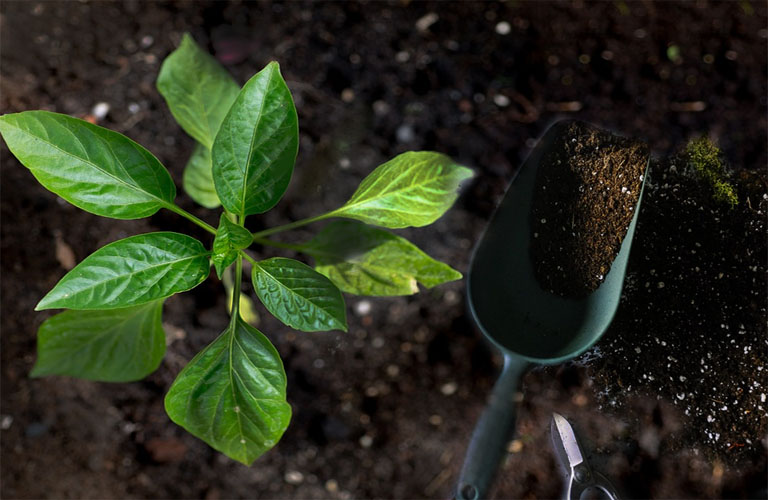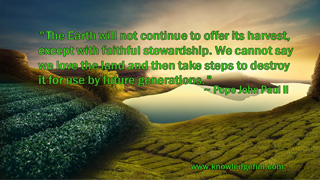Basic things about plants any gardener shoud know:
- Whether the plant matures in the first, second, third, or subsequent years; and when it naturally begins to fail.
- The time of the year or season in which it normally grows, blooms, or fruits; and whether it can be forced at other seasons.
- Whether it prefers a situation dry or moist or wet, hot or cool, sunny or shady.
- Its preferences as to soil, whether very rich or only moderately rich, sand or loam, or peat or clay.
- Its hardiness as to frost, wind, drought, heat.
- Whether it has any special requirements as to germination, and whether it transplants well.
- Whether it is specially liable to attack by insects or disease.
- Whether it has a special inability to grow two years in succession on the same land.
After preparing the garden ground well and your resolution to keep it well, special attention must be given to such matters as these:
- Guarding from all insects and diseases.
- Guarding from cats, dogs, farm and wild animals.
- Protecting from weeds.
- Pruning, in the case of fruit trees and bushes, and also of ornamental woody plants on occasion, and sometimes even of annual herbs.
- Staking and tying, particularly of sprawly garden flowers.
- Persistent picking of seed pods or dead flowers from flower plants, in order to conserve the strength of the plant and to prolong its season of bloom.
- Watering in dry weather (but not sprinkling or dribbling).
- Protecting plants thorough winter (for plants that need it).
- Removing dead leaves, broken branches, weak and sickly plants, and otherwise keeping the place tidy and trim.
FIND OUT MORE:

Imagine a sunny garden patch in the golden springtime, when the trees are picking out their new gowns, in all the various self-colored delicate grays and greens -- strange how beautiful they are, in the same old unchanging styles, isn't it? Watch the seeds as they find the light, plants to tend as they take hold in the fine, loose, rich soil, and you may have the other sports. And when you have grown tired of their monotony, come back in summer to even the smallest garden, and you will find in it, every day, a new problem to be solved, a new campaign to be carried out, a new victory to win.
Better food, better health, better living -- all these the home garden offers you in abundance. And the price is only the price of every worth-while thing, honest, cheerful, patient work.
But enough for now of the dream garden. Let's go outdoors and look the place over, and pick out the best spot for that garden patch of yours.









